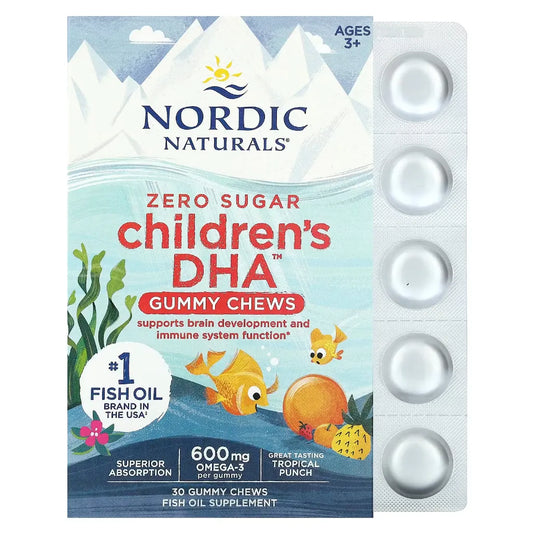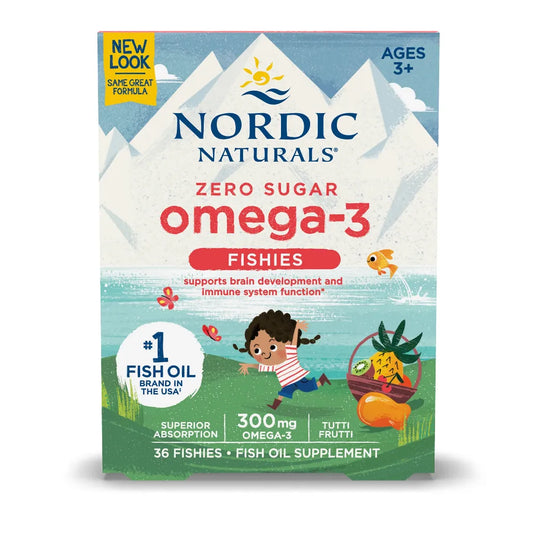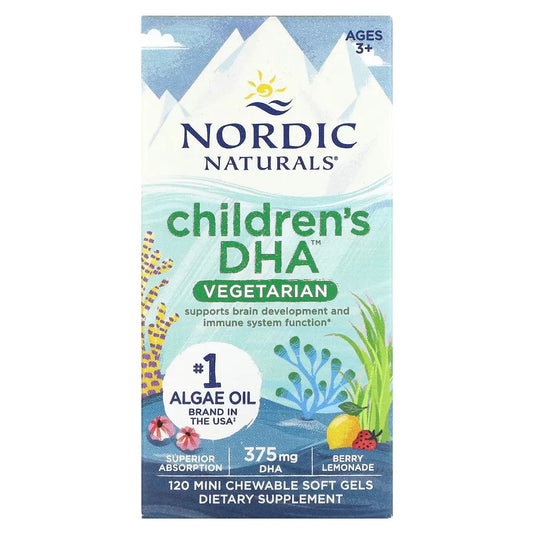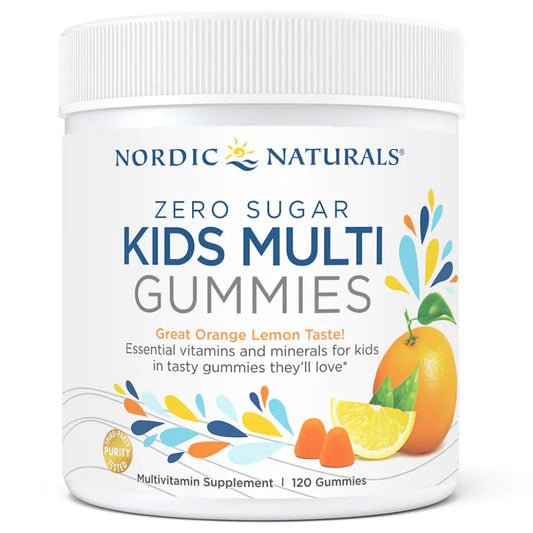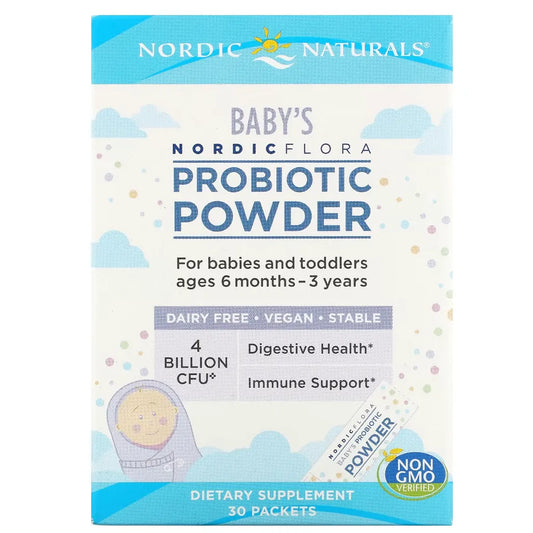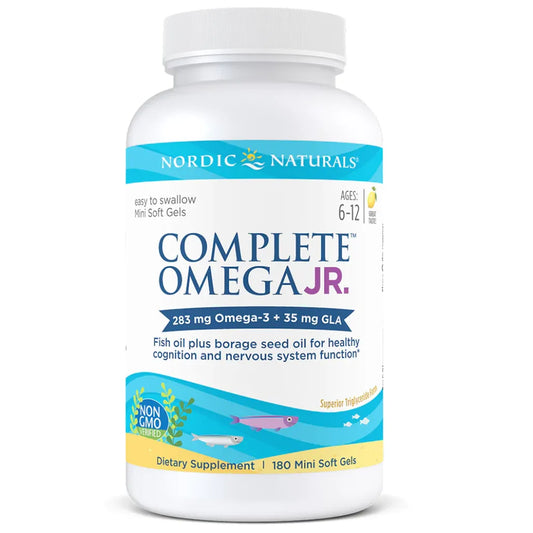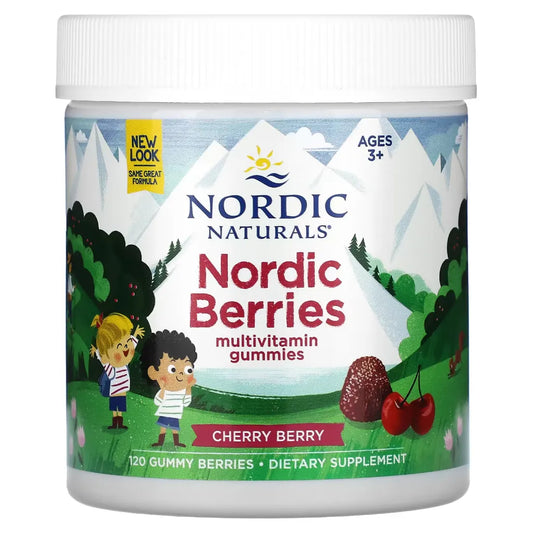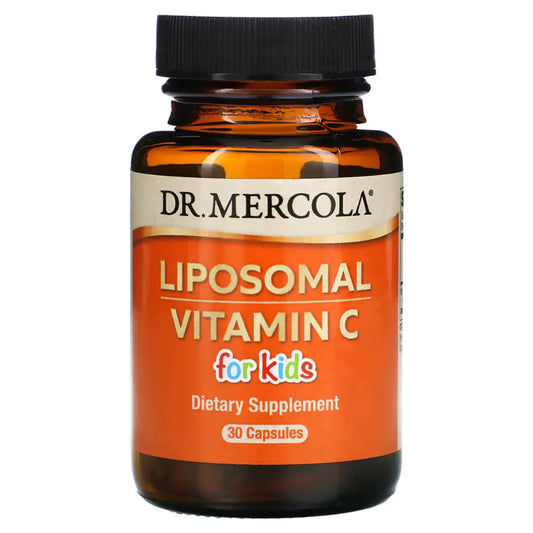With growing awareness of health issues in children and nutrient deficiencies, health-conscious parents prefer giving supplements to their children to support their health. Children need vitamins and minerals depending on age (1-3 years, 4-6 years, 7-10 years, 11-14 years, and 15-17 years). Sometimes, Doctors also recommend multivitamins for kids in conditions where vitamin deficiency is due to poor food intake, restricted diet, and impaired absorption. Western diets are also the biggest cause of vitamin deficiency in children.
Benefits of children multivitamins
Vegans, lactose intolerance, and chronic illness in children increase the risk of nutrient deficiency in children. In such cases, kids multivitamins are recommended to maintain good health in children.
-
Multivitamins with iron for kids
In the growth spurt phases, vegetarians and girls after menarche have a greater risk of developing iron deficiency. So iron supplements are useful to treat iron deficiency during these conditions. Universal iron supplementation is recommended for children between 6-24 months
-
Provides key vitamins and minerals
To avoid the risk of Vitamin A deficiency
According to the World Health Organization (WHO), in countries with high risk of vitamin A deficiency, 30 mg of vitamin A is recommended for 2 d in patients younger than 2 years. Vitamin A supplements are also given to children with measles.
Vitamin C boosts immune system - Liposomal Vitamin C for Kid
To manage vitamin D deficiency
Certain medicines, poor absorption, and less sun exposure are common causes of vitamin D deficiency. To prevent rickets, vitamin D supplements are recommended during the first year. Preterm infants are given vitamin D supplements daily to support both development and immunity. Children need vitamin D supplements for proper bone development and immunity. Doctors decide the dosing depending on the age and requirement.
Vitamin E for children
Vitamin E plays exerts anti-oxidant and anti-microbial action. Children with congenital disorders and impaired absorption have vitamin E deficiency which is manifested as hemolytic anemia, retinopathy, myopathy, etc. In such cases, vitamin E supplements are recommended.
Zinc supplements for children
Zinc is important to support growth, development, and immunity. Zinc supplements are recommended for children for 10-14 depending on the age to prevent deficiency, improve growth, reduce the duration and severity of diarrhea, etc.
Calcium supplements
The requirement for calcium can be easily fulfilled by eating a healthy diet. Calcium supplements are given to those children who have insufficient dietary intake of calcium, vegans, etc.
-
Supports immune function, and strong bones, balances energy levels, and helps to establish healthy habits
FAQs on Kids' Multivitamin Supplements
1) What age should kids start taking multivitamins?
-
There is no such age at which kids start taking multivitamins. The decision depends on their health, deficiency status, age, requirements, and the community where they live.
-
The government has also set guidelines for giving certain vitamins after birth.
-
Preterm infants are given supplements because they are deficient in certain nutrients like calcium, vitamin D, E, iron, etc.
-
Doctors recommend supplements to children for vitamin D, iron, B12, etc because children are usually deficient in these nutrients which are required for proper growth and development.
-
The government recommends supplements containing vitamins A, C, and D for children aged 6 months to 5 years.
-
Vitamin A supplements are given to children when they live in a community where vitamin A deficiency is prevalent.
-
If your child is healthy, wait until 4 years to start giving a multivitamin after consulting your doctor.
There are gummies available that are specially formulated for children. These gummies are tasty, available in different flavors, can be easily taken by children, and have nutritional value.
3) What are the most important vitamins for a child?
Vitamin D, iron and vitamin B12 are important vitamins for children. These nutrients support healthy bones, growth, and development and also bridge nutrient gaps.
4) What are the best vitamins for children's immune system?
Vitamin C, vitamin D, and zinc are very important for maintaining immunity in children.
5) Should kids take vitamins in the morning or night?
Multivitamins can be given in the morning after breakfast. It is always important to follow the instructions given by the doctor.
6) How to choose good kids' multivitamin supplements online?
While choosing kids multivitamins, remember the following considerations:
-
Discuss doctor before starting any supplement for children.
-
Always choose a high-quality supplement.
-
Check “GMP-certified” on the label.
-
There are different formulas for children, teens, and adults.
-
It should contain vitamin D, calcium, and iron
-
Choose a form that can be easily consumed by children like liquid, gummies, etc.
-
Should be free from harmful additives, fillers, and binders.
7) What are the different types of multivitamins for kids?
The different varieties of multivitamins available for children are:
-
Multivitamin gummies
-
Multivitamin for toddlers
-
Liquid Multivitamins for kids
-
Children's chewable multivitamins
-
Children’s multivitamin wafers
-
Probiotic powder for babies and toddlers aged 6 months to 3 years
-
Vegetarian children’s DHA
-
Junior D3 and K2
-
Liposomal vitamin C for kids
-
Liquid formulations
-
Multivitamin with iron
-
Children’s omega-3 supplement
8) What are important vitamins present in children's multivitamins?
Omega 3 fatty acids, vitamins B, C, E, and D, iron, calcium, and zinc, are the important vitamins and minerals in children's multivitamins because their deficiency is common in children.
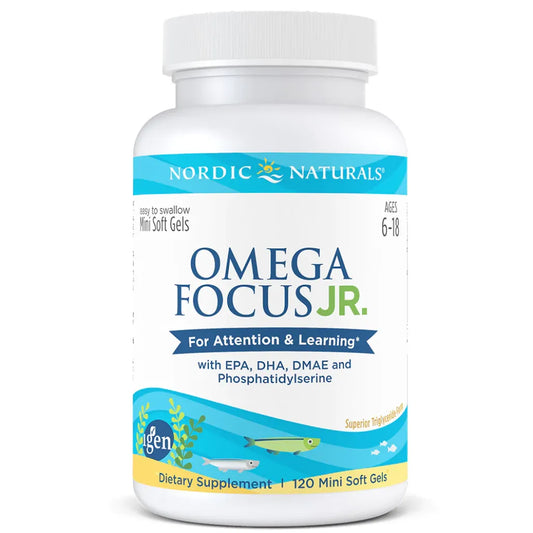 Sold outVendor:Nordic Naturals
Sold outVendor:Nordic Naturals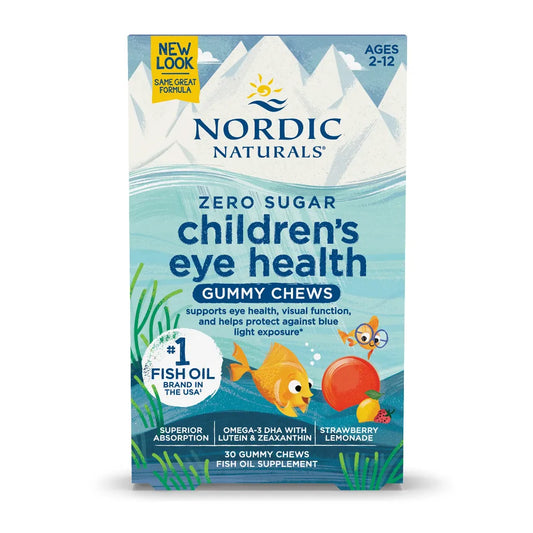 Sold outVendor:Nordic Naturals
Sold outVendor:Nordic Naturals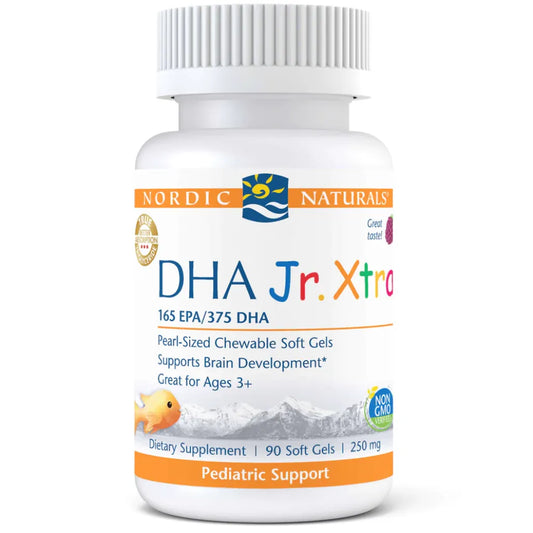 Sold outVendor:Nordic Naturals
Sold outVendor:Nordic Naturals


